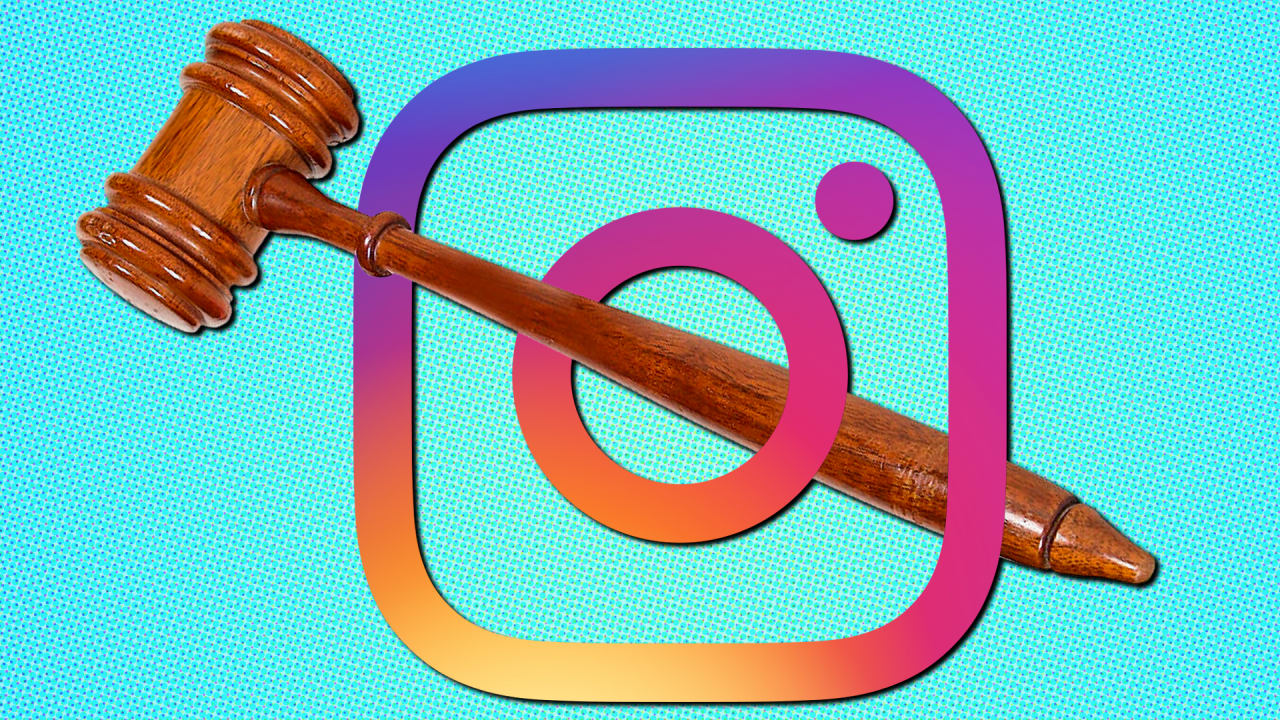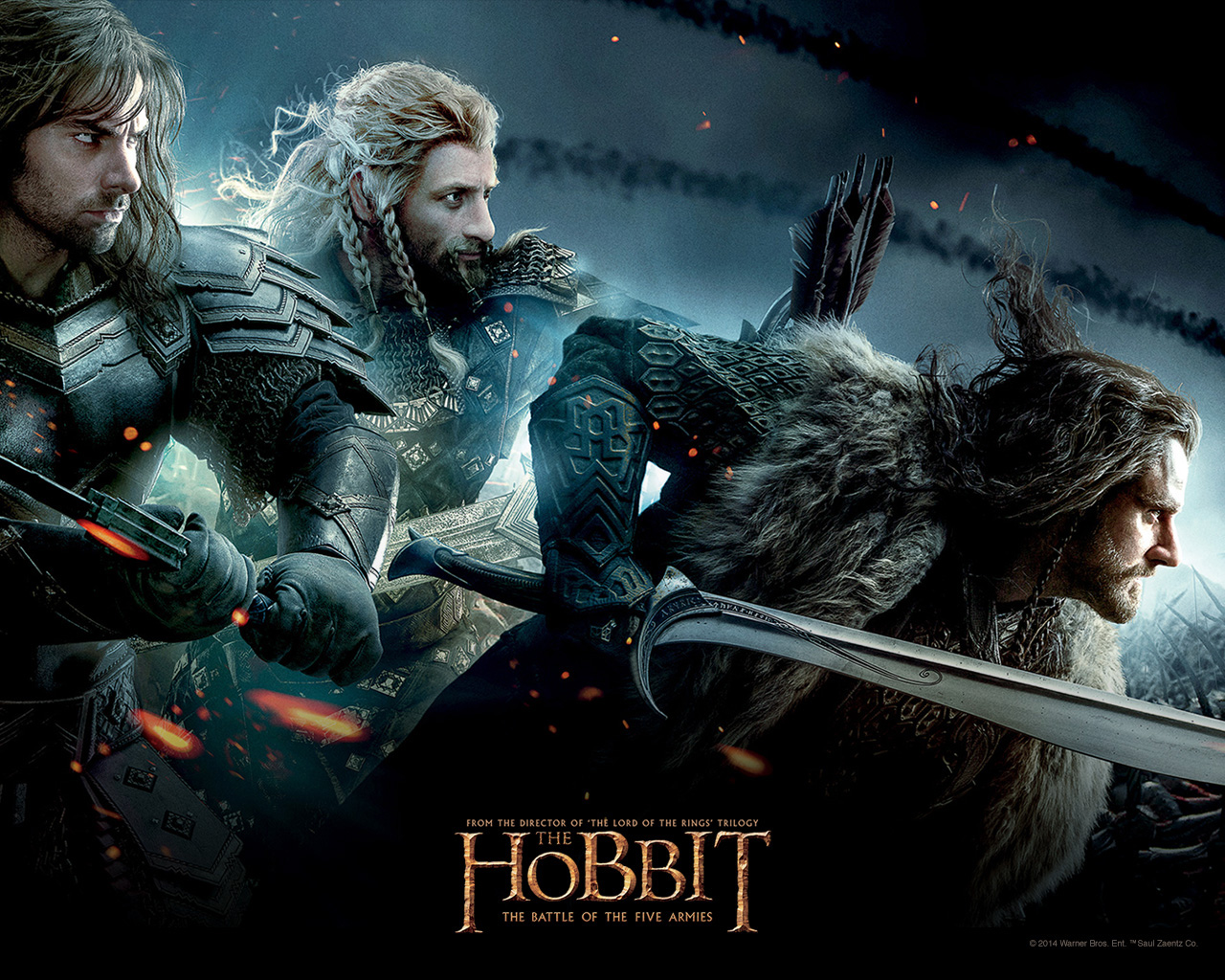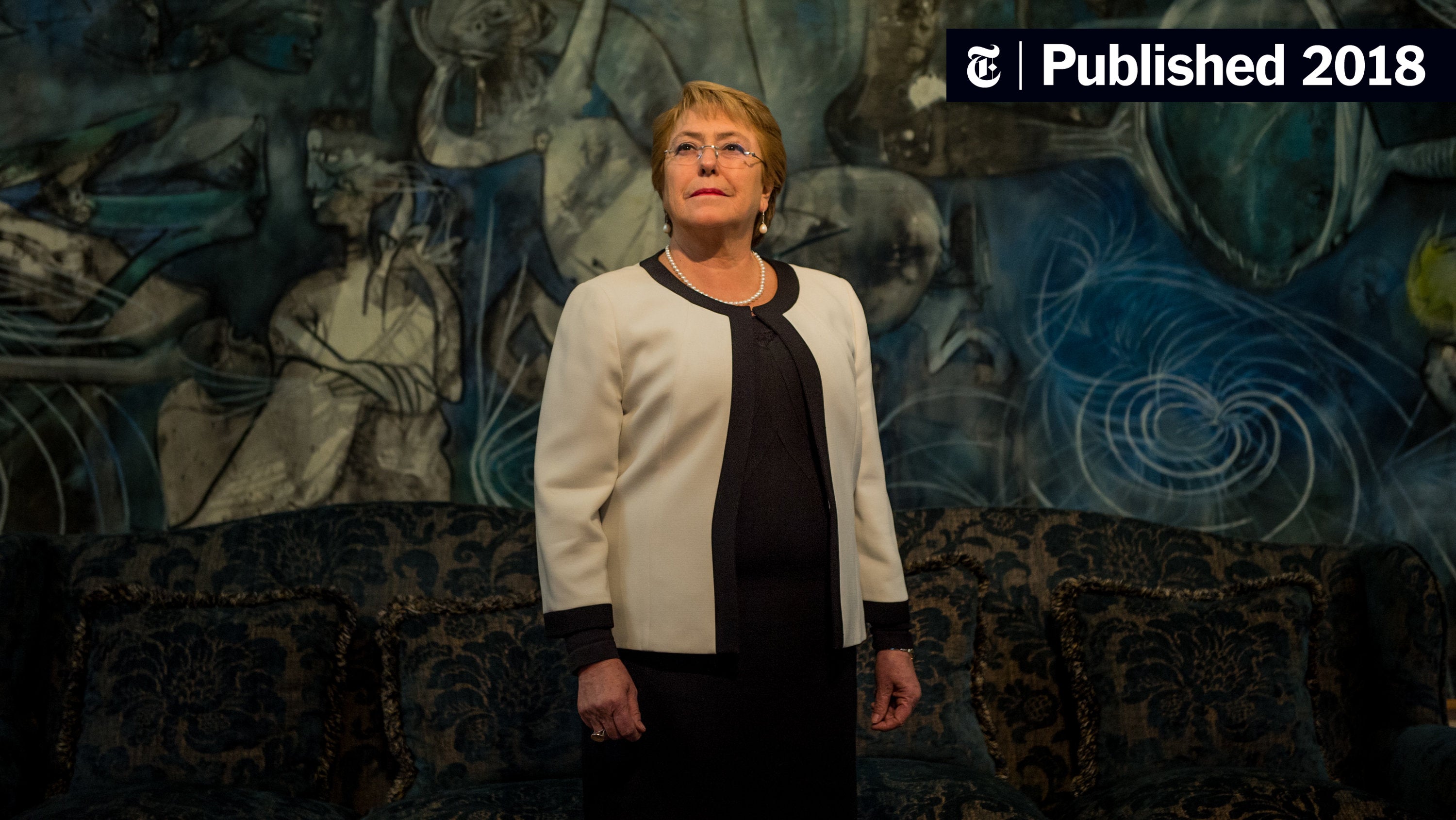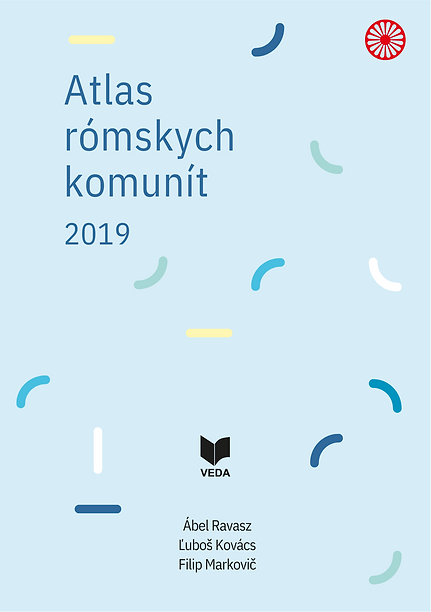Meta's Acquisitions Under Scrutiny: The FTC's Antitrust Case For WhatsApp And Instagram

Table of Contents
Meta, formerly Facebook, has faced intense scrutiny regarding its aggressive acquisition strategy. The Federal Trade Commission (FTC) has launched a significant antitrust lawsuit challenging Meta's acquisitions of WhatsApp and Instagram, arguing these deals stifled competition and created a monopolistic social media empire. This article delves into the key arguments of the FTC's case, examining the implications for competition in the digital marketplace and the future of tech giant mergers. The ongoing debate surrounding Meta's acquisitions underscores the critical need for robust antitrust enforcement in the rapidly evolving digital landscape.
H2: The FTC's Case Against Meta's Acquisition of WhatsApp
H3: Stifling Competition: The FTC alleges that Meta's acquisition of WhatsApp was a strategic move to eliminate a potent competitor in the mobile messaging market, ultimately harming consumers. The argument centers on the idea that WhatsApp, with its independent trajectory, posed a significant threat to Meta's dominance.
- WhatsApp's independent growth trajectory before the acquisition: Before the acquisition, WhatsApp boasted impressive user growth and was rapidly expanding its features and functionalities, positioning itself as a serious competitor to Facebook Messenger.
- Meta's alleged actions to prevent WhatsApp's further independent development: The FTC argues that post-acquisition, Meta actively stifled WhatsApp's independent innovation, preventing it from fully realizing its potential as a separate entity and competitor. This included integration of data and functionalities, limiting unique features, and ultimately stifling its ability to compete against Facebook Messenger.
- The loss of potential innovation and consumer choice due to the acquisition: By eliminating a major competitor, the FTC asserts, Meta deprived consumers of the benefits of competition, including potentially innovative features, enhanced user privacy options, and a wider array of messaging choices.
H3: Data Monopoly Concerns: The acquisition of WhatsApp significantly expanded Meta's already vast data trove, further solidifying its data monopoly and raising serious concerns about privacy and potential misuse.
- The vast amount of user data collected by WhatsApp: WhatsApp, due to its end-to-end encryption, originally collected less user data than other social media platforms. However, the integration with the Facebook ecosystem enabled access to a goldmine of user information.
- How this data integrates with Meta's overall data ecosystem: The combined data from WhatsApp, Facebook, and Instagram allows Meta to create highly detailed user profiles, fueling targeted advertising and reinforcing its market dominance.
- The potential for misuse or exploitation of this combined data pool: The FTC is concerned about the potential for this consolidated data to be exploited for anti-competitive practices, manipulation, or even broader societal harm. The vast data reserves could further exacerbate data privacy and security risks.
H2: The FTC's Case Against Meta's Acquisition of Instagram
H3: Eliminating a Key Rival: The FTC contends that the Instagram acquisition was another strategic maneuver to neutralize a growing competitor that directly threatened Facebook's market share in the photo-sharing and broader social networking space.
- Instagram's popularity and rapid growth before the acquisition: Instagram’s explosive growth before its acquisition highlighted its disruptive power and potential to carve out a substantial market share in the social media landscape, posing a considerable threat to Facebook.
- How Instagram posed a threat to Facebook’s market share: Instagram's appeal, particularly among younger demographics, presented a genuine challenge to Facebook's market dominance, potentially impacting its user base and advertising revenue.
- The potential impact on innovation in the social media landscape had Instagram remained independent: The FTC argues that had Instagram remained an independent entity, the social media landscape would likely be far more competitive, fostering innovation and offering consumers a wider range of choices.
H3: Network Effects and Market Power: The combined control over Facebook and Instagram significantly amplifies Meta's network effects, creating insurmountable barriers for new competitors to enter the market.
- Explanation of network effects in social media: Network effects describe the phenomenon where the value of a platform increases exponentially with the number of users. The more users a platform has, the more attractive it becomes to new users.
- How Meta leverages network effects to maintain its dominance: Meta’s control of Facebook and Instagram allows it to leverage massive network effects, making it exceedingly difficult for new entrants to gain a foothold.
- The challenges faced by potential new entrants in this market: New social media platforms face a near-impossible task in competing against Meta’s established network effects, hindering innovation and potentially stifling consumer choice.
H2: Implications and Future of Tech Acquisitions
H3: Regulatory Scrutiny and Antitrust Enforcement: The FTC's case signals a significant shift in regulatory scrutiny of large tech companies and underscores the critical role of robust antitrust enforcement in fostering competition.
- Examples of other antitrust cases against large tech firms: The Meta case is part of a broader trend of antitrust actions against major tech companies, reflecting a growing awareness of the potential for monopolistic practices in the digital marketplace.
- The evolving legal landscape regarding tech mergers and acquisitions: The legal framework governing tech mergers and acquisitions is constantly evolving, with regulators increasingly focusing on the potential anti-competitive effects of such deals.
- Potential impact on future tech acquisitions: The outcome of the Meta case will have far-reaching implications for future tech mergers and acquisitions, influencing how regulators evaluate and approve such deals.
H3: Impact on Consumers: The core issue at stake in the FTC’s case is the potential for harm to consumers resulting from unchecked mergers and acquisitions.
- The importance of competition for consumer welfare: Competition benefits consumers through lower prices, greater innovation, and a wider array of choices.
- How the Meta acquisitions could have negatively affected consumers: The FTC argues that Meta's acquisitions have potentially resulted in reduced innovation, less consumer choice, and higher barriers to entry for potential competitors.
- The need for regulatory oversight to prevent anti-competitive behavior: Effective regulatory oversight is crucial to prevent the concentration of power in the hands of a few dominant tech companies, safeguarding consumer welfare and promoting healthy competition.
3. Conclusion:
The FTC's antitrust case against Meta's acquisitions of WhatsApp and Instagram is a landmark legal battle with far-reaching implications for the future of the tech industry. The case underscores the importance of effective antitrust enforcement to prevent monopolistic practices and protect competition, ultimately benefiting consumers. The ongoing legal proceedings will shape the regulatory landscape for tech mergers and acquisitions, influencing how future deals are evaluated and approved. Understanding this case is vital for anyone interested in the future of social media and the broader digital marketplace. Stay informed about the ongoing developments in the Meta antitrust case to understand the crucial implications of Meta’s acquisition strategies and the ongoing battle for fair competition in the social media market.

Featured Posts
-
 The Ultimate Guide To Doom The Dark Ages
May 13, 2025
The Ultimate Guide To Doom The Dark Ages
May 13, 2025 -
 Analyzing The Hobbit The Battle Of The Five Armies Themes And Symbolism
May 13, 2025
Analyzing The Hobbit The Battle Of The Five Armies Themes And Symbolism
May 13, 2025 -
 Jurisdictional Differences And Sentencing The Meg Thee Stallion Shooting
May 13, 2025
Jurisdictional Differences And Sentencing The Meg Thee Stallion Shooting
May 13, 2025 -
 Analyzing The Potential Impact Of Restored Trump Tariffs On Europe
May 13, 2025
Analyzing The Potential Impact Of Restored Trump Tariffs On Europe
May 13, 2025 -
 Zber Udajov Pre Atlas Romskych Komunit April 2024
May 13, 2025
Zber Udajov Pre Atlas Romskych Komunit April 2024
May 13, 2025
